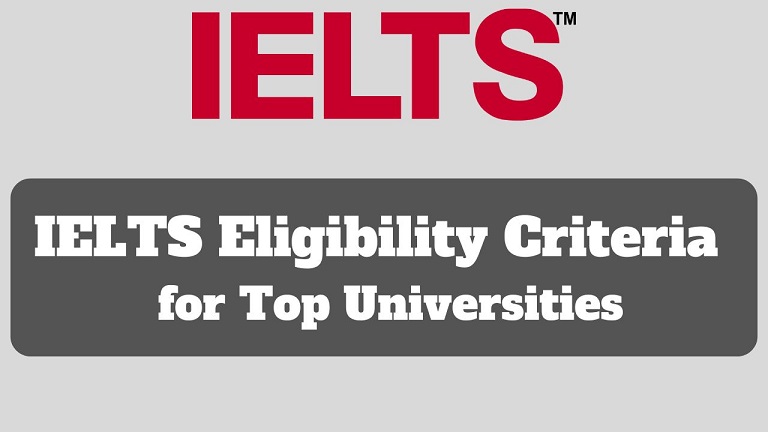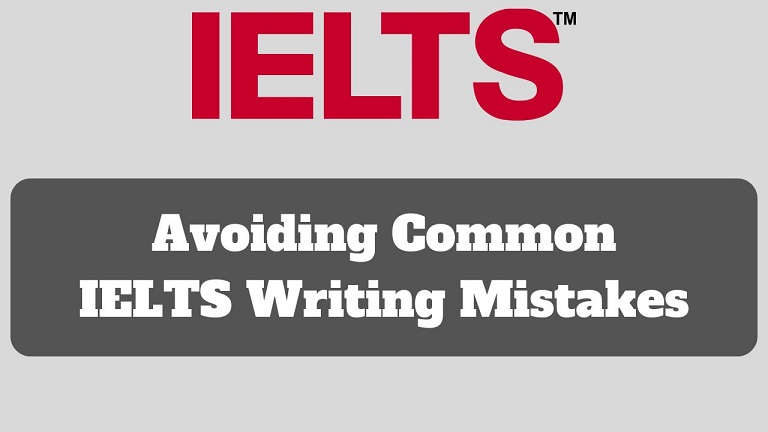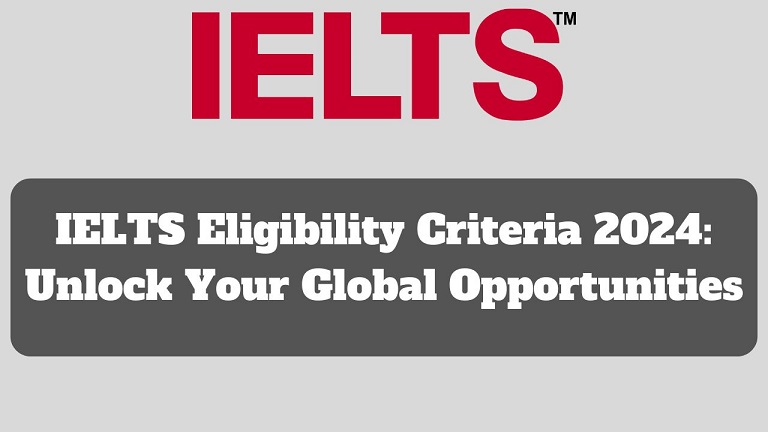IELTS Eligibility Criteria – Unlock Your Global Opportunities
IELTS Eligibility Criteria – Friends, IELTS exam is an entry gate for the candidates who want to study in the countries of professionals, students or for doing job or business. As IELTS exam is coming near, it becomes very important for you to understand its process.
IELTS exam minimum age requirement
According to the IDP which conducts IELTS exam, it is very important for the candidate to be at least 18 years of age for IELTS exam and there is no fixed age limit in the upper limit, hence any person above 16 years of age can apply for this exam.
The list of IELTS exam preparation and books is given below.
Checkout the below given IELTS Books to Use During IELTS Preparation
- IELTS Academic+ General Test Preparation Set of 6 Books by Career Launcher (Reading, Listening, Writing, Speaking, Grammar and Aviator)
- GKP IELTS 2025 Set of 6 Books for Academic+ General Test by Career Launcher (Reading, Listening, Writing, Speaking, Grammar and Aviator) Latest Edition| English Books
- The Official Cambridge Guide To Ielts Student’s Book With Answers With Dvd Rom
- IELTS 18 General Training Student’s Book with Answers with Audio with Resource Bank
- IELTS 18 Academic Student’s Book with Answers with Audio with Resource Bank (South Asia edition)
What should be the educational qualification for IELTS exam?
There is no specific educational qualification required for IELTS exam. Any person having any type of education can give this exam. Still if you want to take admission in any college or university then you need to fulfill their requirements.
What are the Eligibility criteria for your required destination?
If you are thinking about going to any specific country then below is the information about the IELTS bands required for that country.
USA – If you want to get admission in any university in America then it is very important that your closed score should be at least 6.0 to 6.5.
UK – For graduation degree in UK your closed score should be above 6.5 while for top universities your closed score should be at least 7.0.
Pre-masters – For any type of pre-masters you must have a closed score of 5.0.
Masters diploma – For masters diploma you need a closed score of more than 6.0 and for admission in top universities you need a closed score of more than 7.0.
Canada – Minimum closed score of 6.0 is required for graduation degree and personal closed score must be at least 5.5.
Student Direct Stream (SDS): total minimum requirement is 6.0 closed score and personal closed score requirement is 6.0
Postgraduate degree: Minimum closed score of 6.5 is required and personal closed score must not be less than 5.5 or 6.0.
Australia – Minimum closed score of 6.0 is required for graduation from Australian University.
Minimum closed score of 6.5 is required for post graduation and personal closed score must be at least 6.0.
Top universities requirements
If you want to get admission in any top university of the world, then the only requirement for that is a job, which you will have to fulfill.
After fulfilling all the terms and conditions, you should start preparing to go to the place where you dream of going. Below we are going to tell you what the requirements of every top university are so that you do not have to face any kind of problem.

What are the IELTS eligibility criteria for top universities?
The IELTS eligibility criteria for top universities are as follows:-
Massachusetts Institute of Technology (MIT): IELTS band score of 7.0 to 7.5 or above is required.
University of Oxford: IELTS band score of 7.0 to 7.5 or above is required.
University of Cambridge: IELTS band score of 7.5 or above is required.
Stanford University: IELTS band score of 7.0 or above is required.
Harvard University: IELTS band score of 6.5 to 7.5 or above is required.
Imperial College London: IELTS band score of 6.5 and 7.0 is required.
National University of Singapore (NUS): IELTS band score between 6.0 and 8.0 or higher is required.
ETH Zurich: IELTS band score between 7.0 and higher is required.
University College London (UCL): IELTS band score between 6.5 and 7.5 is required.
University of California, Berkeley Campus: IELTS band score between 6.5 and 7.0 or higher is required.

How to avoid Common IELTS Writing Mistakes?
To avoid Common IELTS Writing Mistakes, checkout the below given points. You need to read and understand these points carefully so that you do not commit any kind of mistake unknowingly.
Inadequate paragraphing – If you want to make your band score more effective than it should be Coherence and Causation.
Incorrect formatting – If you have to write your job in writing, it should be in a proper format, be it introduction or body paragraphs or subheadings or bullet points, even giving points and numbers and a conclusion also play a crucial role in it.
Incomplete question addressing – The candidate has to read the questions carefully in the IELTS exam and then write everything in detail in the answer. You can also write multiple viewpoints if you want and write your expressions and opinions in separate paragraphs.
Unclear representation – Write your answer clearly so that there is no doubt of any kind in your answer. You have to maintain a clear and consistent position in the entire essay.
Spelling errors and typos – You have to concentrate on your writing at home before the exam and if you are making any kind of spelling or typing mistake then clear it before the exam itself because these mistakes can cost you a lot in the exam.
Lack of supporting evidence – Whenever you give your personal opinion, if you have to give real life examples to give examples to the candidates then you should also give proof of the same. You can give this proof in any kind of survey or for any argument which will increase the weight of your point.
In this way, by understanding the IELTS eligibility criteria, you can avoid writing mistakes in your exam while applying to top universities and can prove yourself in front of the world by improving your band score.
People also ask these frequently asked questions
How many mistakes can be made in IELTS writing?
The more mistakes you can avoid in IELTS exam, the better it is for you. If you make 1-2 mistakes, then it is called a ‘slip’ and it does not affect your score, but if you make more mistakes, then it will be detrimental to your score.
What are the eligibility criteria for IELTS?
The eligibility criteria for IELTS exam is that the minimum age must be 16 years and this exam can be taken by anyone from any academic background.
What are the new rules of IELTS?
In the IELTS exam new rules, you get the option of “One Skill Retake” under which if you want to improve your score in any one of these exams (speaking, listening, writing or reading), you can take only that specific exam.
Is a 5.5 band score eligible to apply to universities in Canada?
If your IELTS closed score is 5.5 then you can easily apply for admission in a college or university in Canada, you just have to fulfill their terms and conditions and after that you can get a chance to get admission there.
When is the IELTS exam held?
The IELTS exam is held almost every month and you can apply for it and give the exam anytime.
Thanks for visiting Physics Wala


